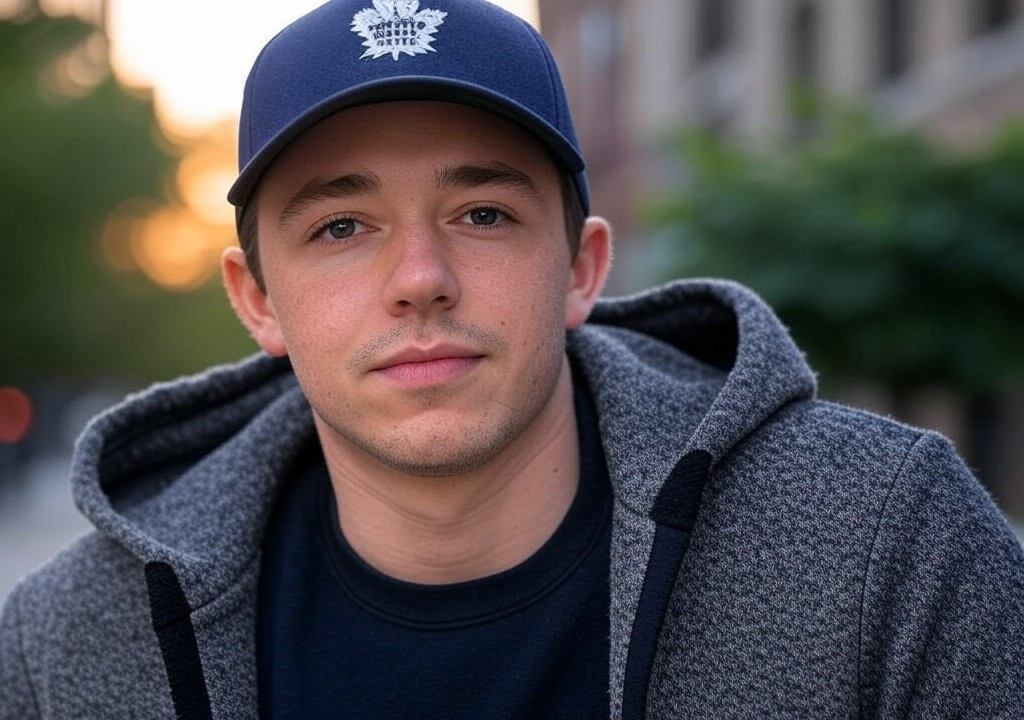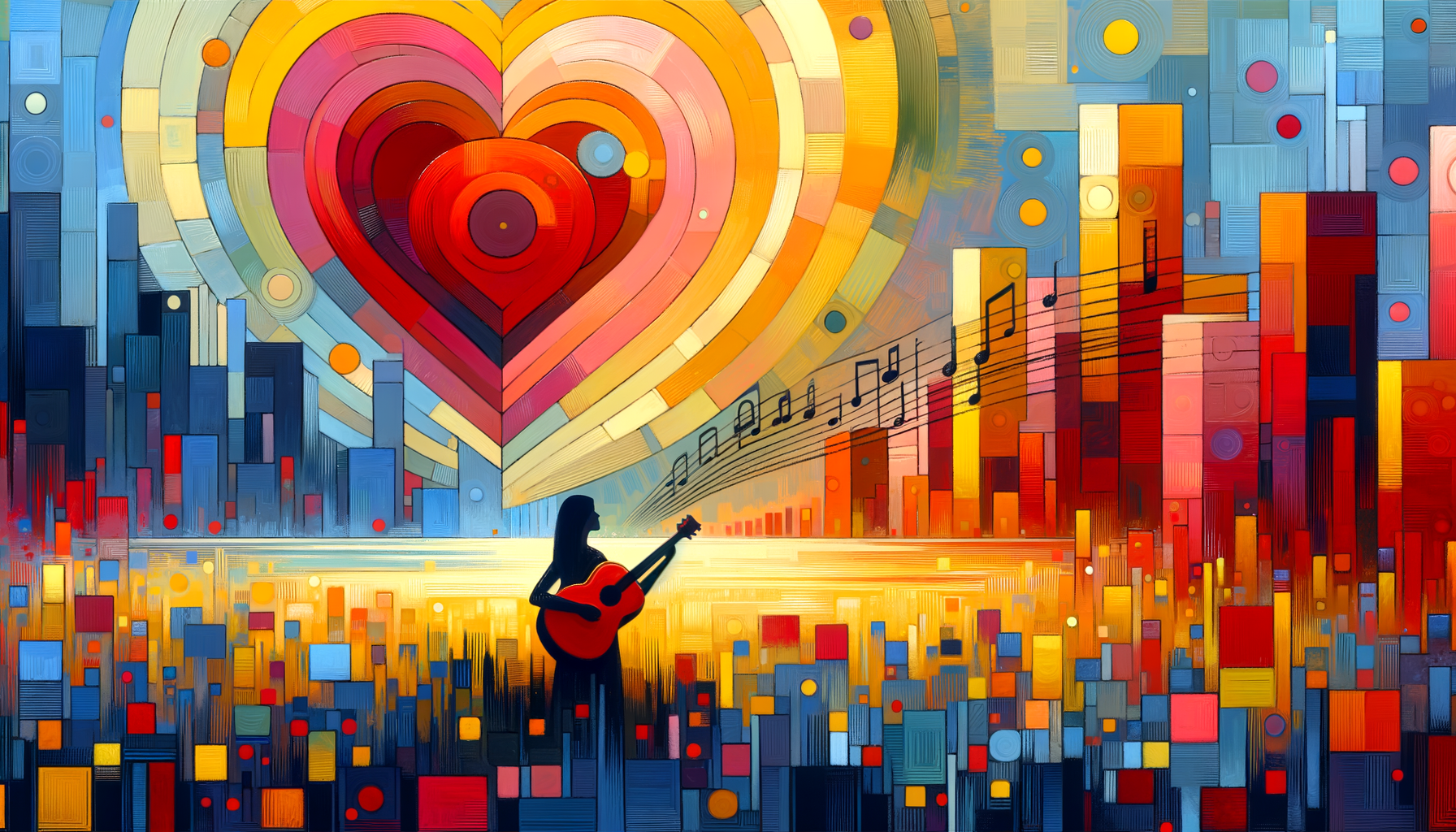BYLINE: "Writer Daniel Fitzpatrick on how storytelling became the love affair he never saw coming—and why he keeps showing up, pen in hand."
The First Crush: How Writing Wooed Me
If you’ve ever had a crush that hit so hard it rewrote your DNA, you'll understand how writing came into my life. I was eleven, tucked in the corner of Riverdale’s tiny local library, a reluctant guest at a summer creative writing workshop my mom signed me up for. I distinctly remember rolling my eyes at the instructor—an eccentric woman who wore socks with sandals—and thinking, what could be cooler than playing street hockey right now? (Spoiler alert: many things, including that workshop.)
But then, for our first assignment, she told us to write about a monster. My monster was a shy kid from Toronto who turned into a raging werewolf every time someone laughed at his stutter (write what you know, right?). When I read it aloud and saw the way my classmates hung onto every word, something clicked: words had power. With some pens and lined paper, I could take people into my head and make them feel something. It was intoxicating. Like your first crush, but with fewer sweaty palms and slightly better punctuation.
By the time I was in high school, storytelling had become that thing I turned to when the world didn’t make sense. My journal was where I processed every embarrassing school dance, every wistful glance at an unreplied MSN message, and every questionable outfit choice (note to self: neon was never your friend, Dan). Writing wasn’t a hobby; it was a lifeline.
The Honeymoon Phase: Why Writing Feels Like Falling in Love
Here’s the thing about writing: it’s a lot like falling in love. You think about it constantly. You want to perfect it, impress it, make it proud. Some days it feels effortless, like a montage in a romantic comedy when the sun is setting just right. Other days, it’s dysfunctional and messy, like texting that ex you know you shouldn’t, but here you are typing “u up?” at midnight anyway.
When I moved to London in my twenties, I was intoxicated with the idea of reinventing myself. Big city, new start. A writing gig at a travel magazine meant hunting down the city’s lesser-known gems: a fox-dotted park at dusk, a hole-in-the-wall pub where soccer fans erupted in unison, a café on the Thames selling lavender scones baked fresh daily. Writing brought those places to life for readers halfway across the world—and, in turn, brought pieces of the world back to me. It made me notice, feel, and appreciate the mundane—kind of how falling for someone makes every little detail about them suddenly poetic.
That time in London taught me that writing isn’t just something I do; it’s how I experience the world. It’s how I process heartbreak, cheer for strangers, mourn the past, and celebrate futures I can’t yet see. And, much like love, it’s rarely logical but always worth it.
The Struggles: Showing Up When Writing Gets Hard
Not all love stories are easy, though, and my relationship with writing is no exception. In fact, writing has ghosted me more times than I can count. There were weeks—months even—when I’d open my laptop, set the mood with some Tragically Hip in the background, and... nothing. No words, no spark. Just me, staring at the blank page like it had personally insulted my family.
It’s easy to glamorize writing, to act like the words simply flow from me in perfectly edited sentences, but the reality is different. Sometimes it feels like pulling teeth from a ghost. Sometimes, writing makes me cry at my desk with the sentient audacity it has to resist being written. And yet, I keep coming back. Why? Because even when it’s hard, writing gives me something nothing else can: clarity.
Think of it like a long-term relationship where things inevitably get comfortable, maybe even stagnant. But instead of giving up, you invest deeper. You show up, day in and day out, whether there’s fireworks or just quiet. Some days, writing is poetry; other days, it’s a messy text you’d later delete. But always, it’s growth.
How Writing Teaches You About Love (Including Self-Love)
Over the years, I’ve realized that writing is more than just a creative outlet—it's a practice in self-discovery. When I’m putting pen to paper, I’m not just telling stories; I’m learning who I am. Kind of like a relationship forces you to confront your deepest insecurities and strengths at the same time, writing does that for me. It peels away the layers, sometimes with delicacy and sometimes with the grace of a toddler holding scissors.
And if we’re circling back to relationships (because really, this is what life’s about), writing has also given me a front-row seat to other people’s stories—and taught me how to listen better. Good writing isn’t just about spinning clever metaphors or flexing a killer vocab; it’s about empathy. It’s about letting someone else’s experience live through your words without overshadowing them.
Take relationships for example. Every bad date I’ve been on (looking at you, gal who ate mussels and kept the shells in her purse for “art”) or first love I’ve lost has left an echo in my writing. It’s weirdly beautiful, isn’t it? Life gives you these heavy, emotional moments, and writing alchemizes them into something light enough to lift.
Why I’ll Never Stop Writing
The truth is, I keep showing up to the page because nothing else makes me feel as alive. Writing isn’t something I want to do; it’s something I need to do. It’s my recipe for sense-making, my therapy when I can’t afford actual therapy (which, as a freelance writer, is most of the time).
Beyond that, writing reminds me to pay attention. In a culture where we’re practically required to multitask every second of the day, writing invites me to focus—on the world, on the people I care about, on myself. And let’s be real, it also gives me the perfect excuse to turn painfully awkward moments into killer anecdotes. Every excruciating first date, clumsy confession, or post-break-up karaoke session? Material.
So why do I write? Because I’m a sucker for connection. And every time I sit down to tell a story, I’m not just connecting words to paper—I’m connecting me to you.
And that’s the love story worth showing up for.




















